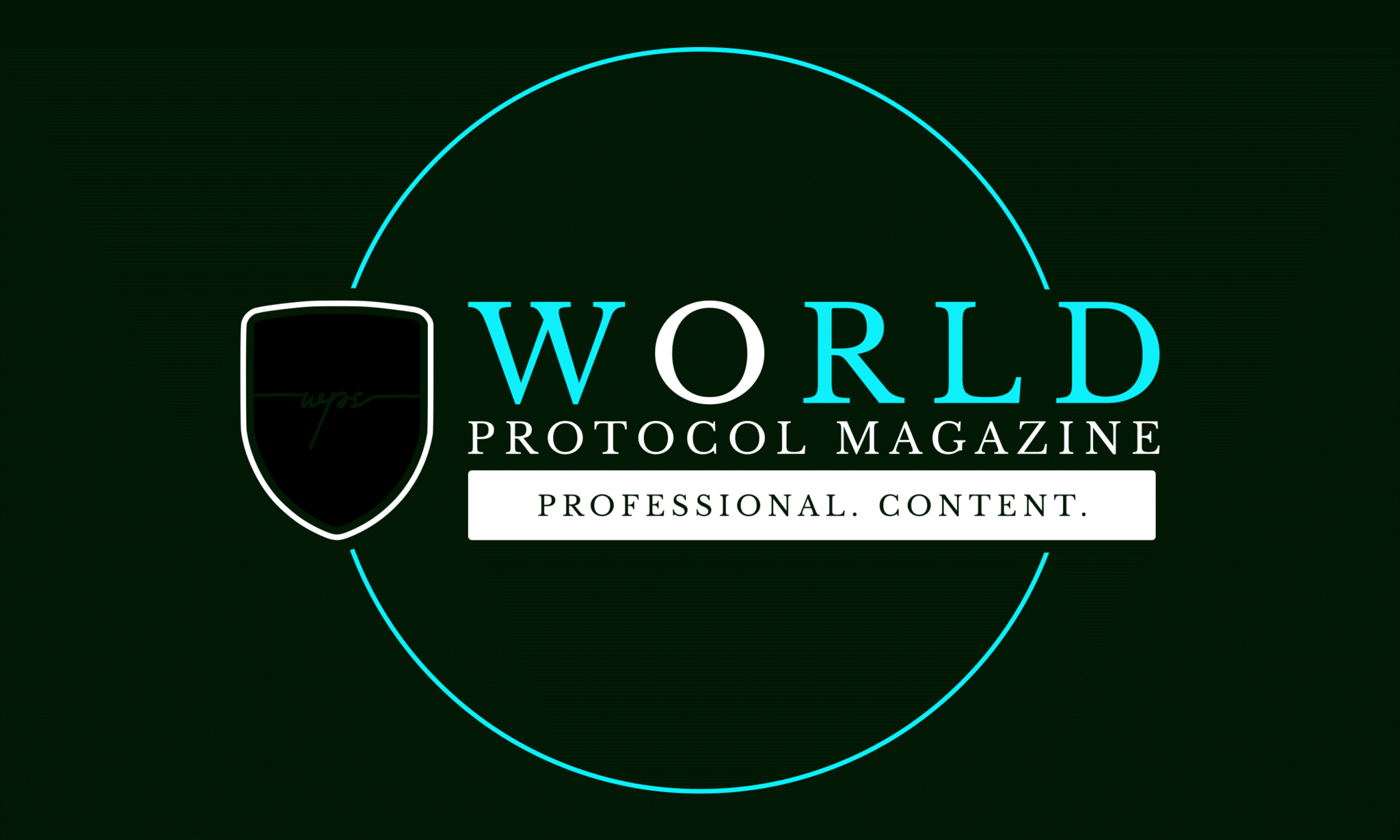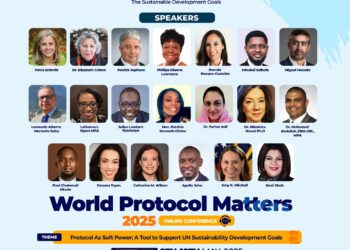On May 11, 2022, the International Centre for Protocol and Diplomacy, Myers & Associates, and World Protocol Magazine have successfully conducted the first World Protocol Matters Conference. Please welcome the speech of one of the conference’s outstanding speakers, held during the second session.
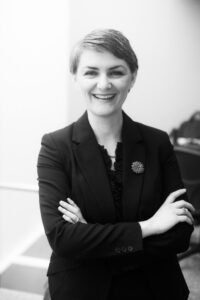 Arbnora Gojani Mazreku is a master of Protocol and Soft Diplomacy, a certified international etiquette & protocol trainer and personal coach since 2007 and has organized and facilitated trainings and delivered lectures on etiquette and protocol to thousands of young participants from around the world. Ms. Gojani Mazreku holds a degree in International Relations and Diplomacy and has earned terminal Master of Arts degree in Protocol and Soft Diplomacy from the International School of Protocol and Diplomacy, Brussels, Belgium. She is also a founding member of the World Protocol Organization. Ms. Gojani Mazreku is married and has two children. She lives in Prishtina, the capital of Kosovo.
Arbnora Gojani Mazreku is a master of Protocol and Soft Diplomacy, a certified international etiquette & protocol trainer and personal coach since 2007 and has organized and facilitated trainings and delivered lectures on etiquette and protocol to thousands of young participants from around the world. Ms. Gojani Mazreku holds a degree in International Relations and Diplomacy and has earned terminal Master of Arts degree in Protocol and Soft Diplomacy from the International School of Protocol and Diplomacy, Brussels, Belgium. She is also a founding member of the World Protocol Organization. Ms. Gojani Mazreku is married and has two children. She lives in Prishtina, the capital of Kosovo.
The speech is titled “Protocol Dynamics as a changemaker towards achieving gender equality and create global perspective for all in this industry”
I am honoured to speak alongside so many distinguished speakers, and absolutely thrilled to be with all of you today.
We are protocol changemakers, but I would like to ask if we are active changemakers?
I said it also before and will repeat it.
To me protocol is culture: as every civilization and every nation progresses, evolves, and develops, so does protocol as culture, right along it. We evolve and develop, and protocol evolves and changes with us.
As protocol professionals, we do the best we can with what we have, daily delivering in our work, adapting to international system changes, respecting cultures, creating harmonious, comfortable and welcoming environment, putting a human touch to everything we do, and so much more, ensuring we make no mistake, and serving as a foundation for diplomacy to achieve results.
Protocol is that dynamic, but quiet element in diplomacy that drives excellence, ensuring peace, stability, prosperity and wellbeing in the world.
I cannot think of many other professions where the work we do has such a lasting influence on society, the environment, and the quality of life for generations to come, and all is done in silence, behind the scenes.
When there is so much passion in what we do, our profession becomes also personal for us. Hence, I would like to share a personal history with you and protocols impact in my life.
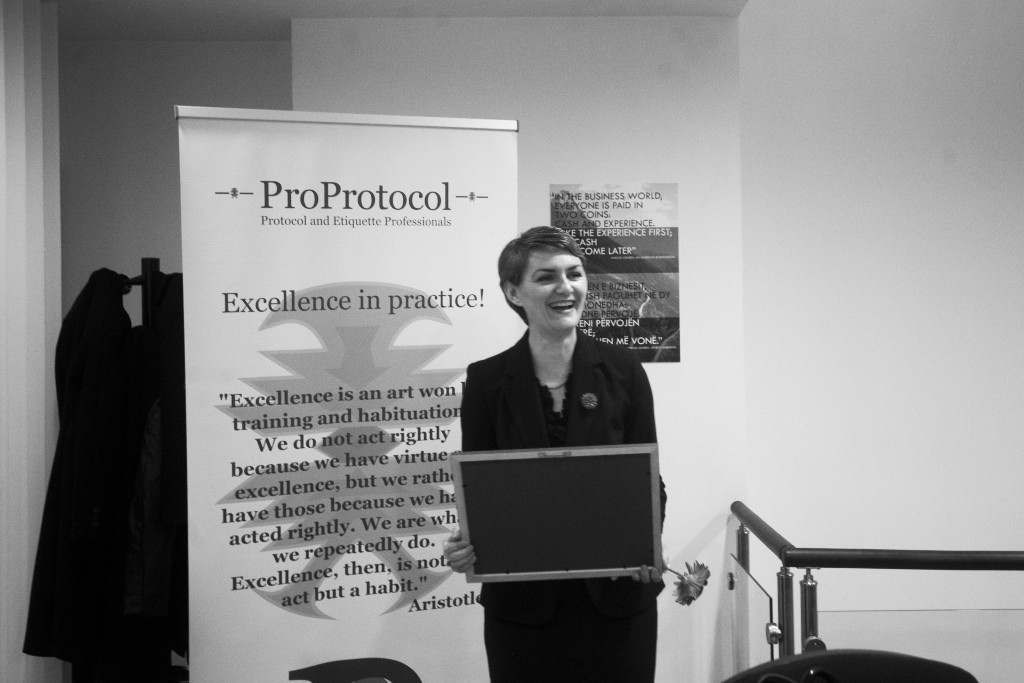
I was born and live in Kosovo, a post-war, still developing country, where not so long ago, access to basic living conditions was limited. Access to information and higher education was a privilege until 20 years ago.
I was raised in a family of filigree man-makers. And for those who don’t know, filigree is ornamental work of fine gold or silver wire formed into delicate jewelry pieces, making Kosovo famous for this art.
Regardless of being told that filigree making is not for girls during my childhood, I could not think of anything else but art during my schooling, dreaming of becoming the first woman filigree maker in my family one day.
Fast forward to university, I was unfortunately not admitted to art faculty to study design. Only one woman was admitted, whereas the rest were men. I ended up studying something else, a compromise of some sort, which I never finished.
In my mid 20-ies the political situation in my country was deteriorating. International diplomatic (peace) missions came to my country, and I was fortunate to get a job. Luckily this time, I was one of only two women to get the job, whereas, again, the rest in the team were men.
This was the first time I encountered so many people from so many different countries and I didn’t have any knowledge of their culture or customs. I only knew where they were coming from thanks to geography classes, maps, and some history books.
After the war, I was again one of the lucky ones to continue working with an international organization, but in a different, now peace-keeping diplomatic setting. Invitations, confirmations, agendas, table settings, sitting arrangements were part of my everyday job. I didn’t know what I was doing, but was driven by what made sense, putting some logic to it. And I made mistakes. It was brought to my attention that I was lacking protocol knowledge. This is the first time I heard about protocol.
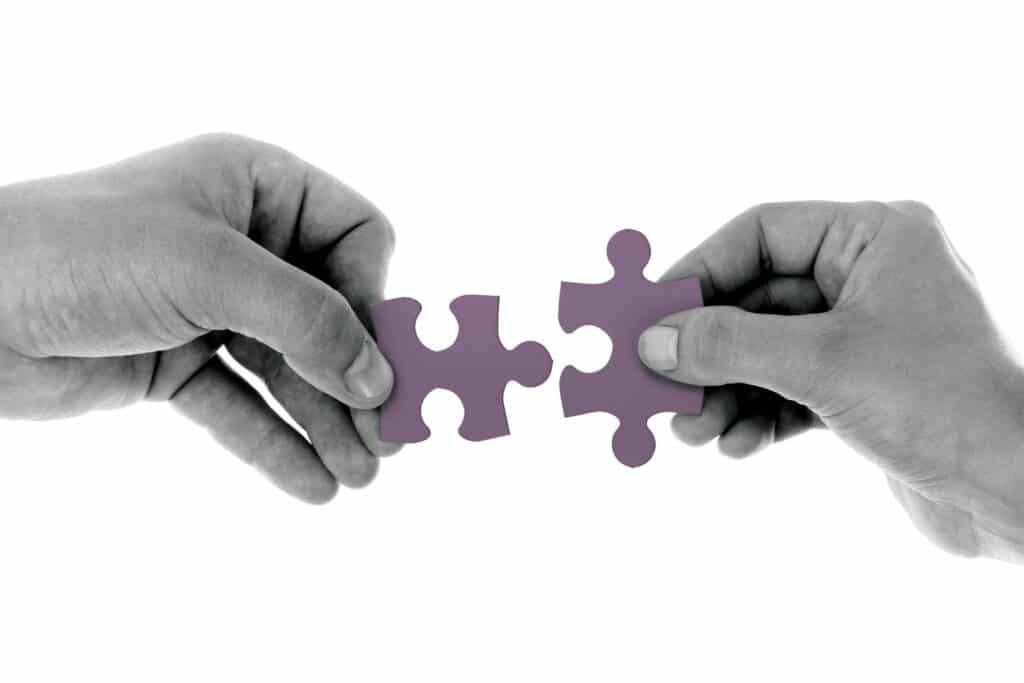
Thanks to internet, and working with colleagues from developing countries, as well as my Kosovan friends who studied abroad, I was able to find and attend a couple of trainings in protocol, sponsored by my organization. But this did not make me a protocol professional. It only gave me basics in this field.
But it also gave me something much more important. In this short learning path, I found art in protocol which was also the turning point in my professional life. This is when I decided that I wanted to be a part of the protocol world, meet protocol professionals, and extend my knowledge further. I wanted to both continue learning, but also blend art with my profession; and then, share my knowledge and experience with those who thought like me, but were not blessed with the opportunities I had.

At that time, I could not find any school or university program to study protocol in more depth. There was only a subject called “diplomatic protocol” in one semester at the university, bachelor studies in international relations and diplomacy.
But I was still interested in this art, and my continuous search for study opportunities led me to this 3-year university program, which I immediately signed up for. I knew it was not going to be easy, as I was now, a mother of two, with a full-time job, in a male dominated society. I took the risk of studying from scratch, and I graduated!
But did I become a protocol professional? Not yet.
A great friend of mine introduced me to the Protocol and Soft Diplomacy Master Program at the International School of Protocol and Diplomacy (ISPD) in Brussels. I applied, I was admitted, and was enthusiastic to start my new studies, while still 😊 being a mother of two and a full-time worker. I graduated without a day of delay!
One of the happiest life moments was when I attended the graduation ceremony in Brussels, and met the founders of ISPD, the changemakers of the modern protocol world.
Earned my master’s degree and I was now officially a Master of Protocol and Soft Diplomacy, the second one in my country with such a degree, and the first woman in my family with a master’s degree. And I was now belonging to protocol world, something that I could only dream of not so long ago.
I reached this point, because changemaking in me manifested with persistence, fighting gender stereotypes, being lucky because I had full support from my family and friends, but was also accepted by the small international protocol community!
But, what about others from countries like mine?
Even today, there are many other developing countries in the world that still struggle for food and water. Access to education, information, internet is unfortunately still considered a privilege if they have it. Protocol is nowhere to be seen in the list of country priorities, just like my country was (and to some point, still is!).
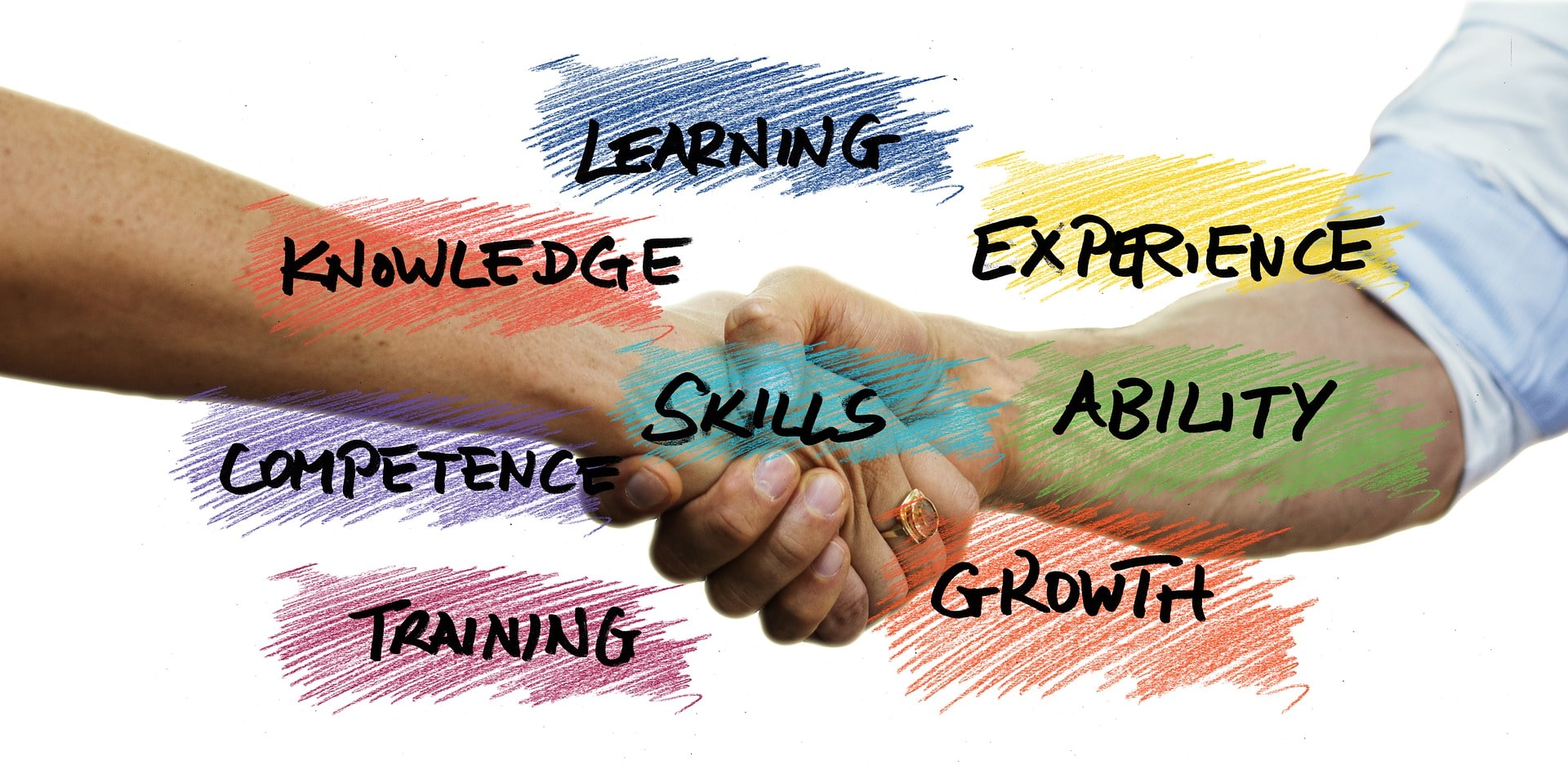
My knowledge and experience sharing started as a natural flow of things, with its main aim and remaining faithful to my principles – to always share knowledge with young, diverse, gender equal groups of people, who, like me, don’t have access and financial means to attend trainings or get adequate education in protocol; to shed light to the importance of protocol and motivate young, talented professionals to either incorporate protocol in their field of expertise or pursue their careers in protocol. Today I am proud to see a great number of people that I introduced to protocol and motivated working in diplomacy and protocol, around the world!
My business card contains information in the Braille alphabet printed in the recycled paper.
Just as the Braille alphabet uses dots instead of letters to create words, protocol connects the dots, connects professions, and connects people to create global balance and harmony!
A woman, in a post-war male dominated developing country, fighting and breaking gender stereotypes that I encountered throughout my path was not an easy task.
I came this far not only by believing in protocol as a profession, but by believing that protocol is much more than that! It’s a way of life!
Today, knowledge and experience sharing is easier thanks to technology. Ironically, thanks also to COVID-19 in the past couple of years, who pushed us to adapt very quickly to the new normal.
In my professional path, I met, among others, brilliant young minds from around the world, who are being led or connected mostly to tech industry because, this is where the future is. No doubt about that.

I see flyers everywhere calling for women in technology and promoting it 24/7. Brilliant!
But, is there a place for protocol profession in this fast-evolving world surrounded by technology? Always!
Protocol was, is and always will be there to evolve, adapt and accommodate the needs of everyone in different fields, by creating the synergies needed for the profession to succeed.
I can already see professionals from different fields coming together designing a unique digital protocol app that will bring protocol profession to a new XXI century level.
But this can be the theme for our next conference 😊
Talent knows no gender, no race, no disability, no nationality. We are all different – we all use spaces and places differently. But we do have protocol connecting us all.
I will not talk statistics and gender gaps in protocol workforce because in all searches that I’ve done so far, protocol as a profession is nowhere to be seen, listed not even once in any of the searches.
So, distinguished participants of this conference, protocol friends,
Let’s do what we do best: PLAN, ORGANIZE, IMPLEMENT
We owe it to ourselves and future generations to first recognize this great profession and then register protocol as a profession, giving it the place and value, it deserves!
Be proactive. As a start, write to every web site that doesn’t have protocol included in the list of professions!
It is also our obligation as protocol professionals to also be motivators and promoters, and create a structured, organized, easy to access professional protocol learning path to attract talented youth in joining us, evolve and rise together, ensuring that all are welcomed from different fields and every place around the globe, regardless whether they are from a developed or developing country.
Diversity, inclusion, and gender equality being the driving force of protocol dynamics. This is how we create a global perspective for all in this industry.
I believe we have made the first step today, unifying for the recognition of protocol profession around the world.
Having 3 phenomenal women organizers, over 20 speakers, from 6 continents, from over 40 countries is a changemaking experience already.
I feel honored and privileged to connect from Kosovo and be a part of this historic global initiative! And looking forward to actively participate in the changemaking era in the modern history of protocol.
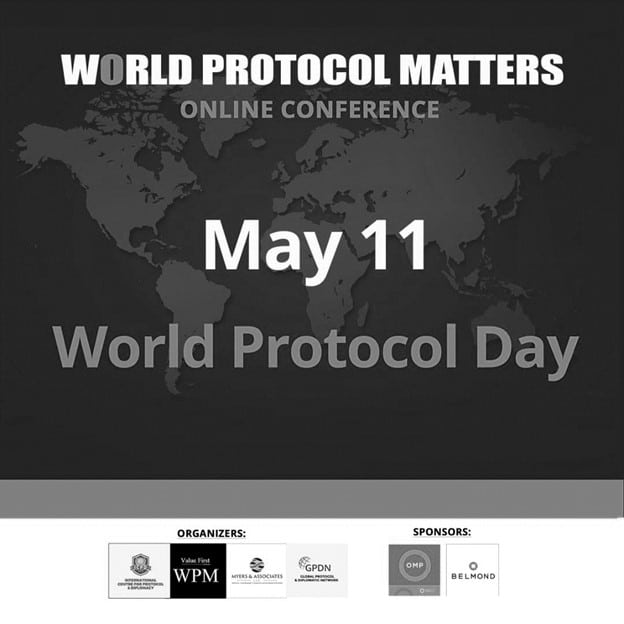
I thank the organizers from the bottom of my heart, for the initiative of having 11 May as World Protocol Day, to recognize the profession as well as launching the Global Protocol and Diplomatic Network, aiming to have an inclusive and diversified professionals of country representatives across the globe.
This is changemaking in action! So yes. We certainly are active changemakers! But let us be GREAT active changemakers starting from today.
Thank you!
